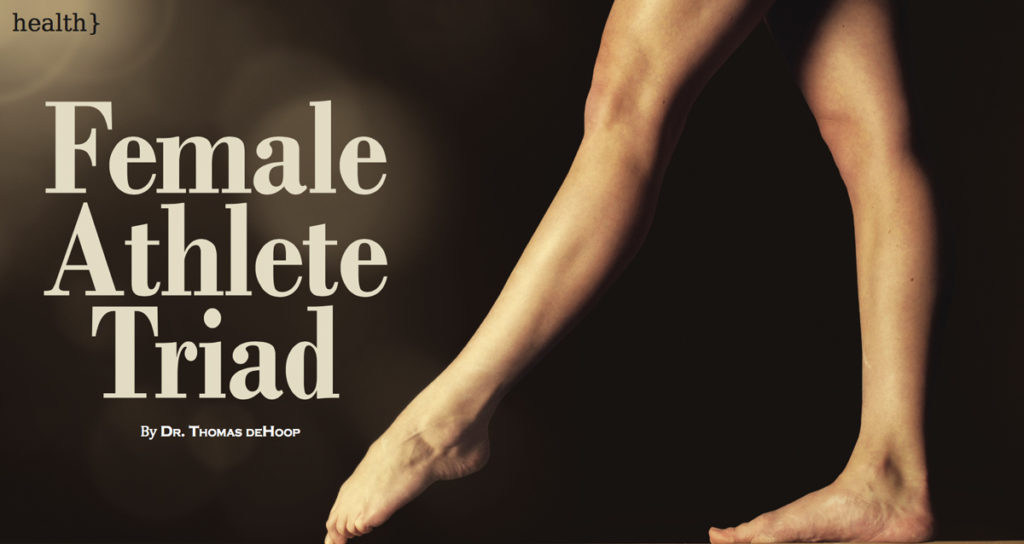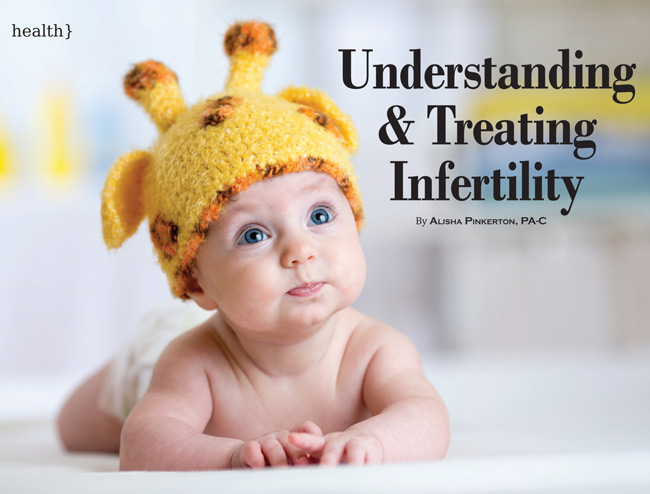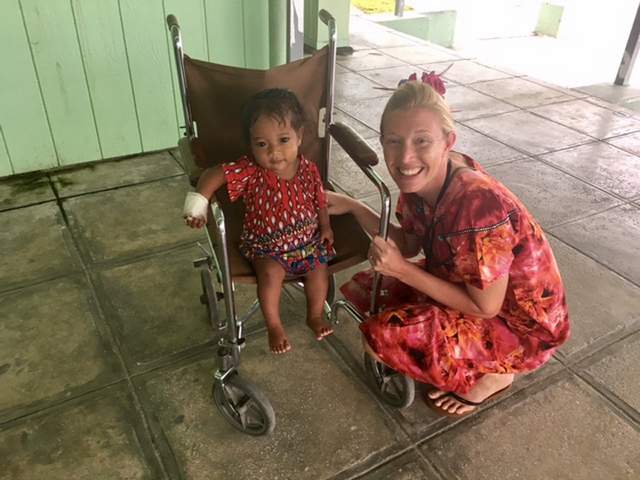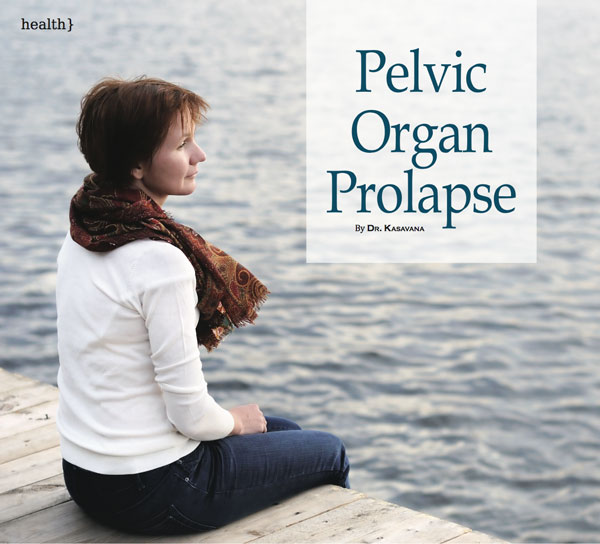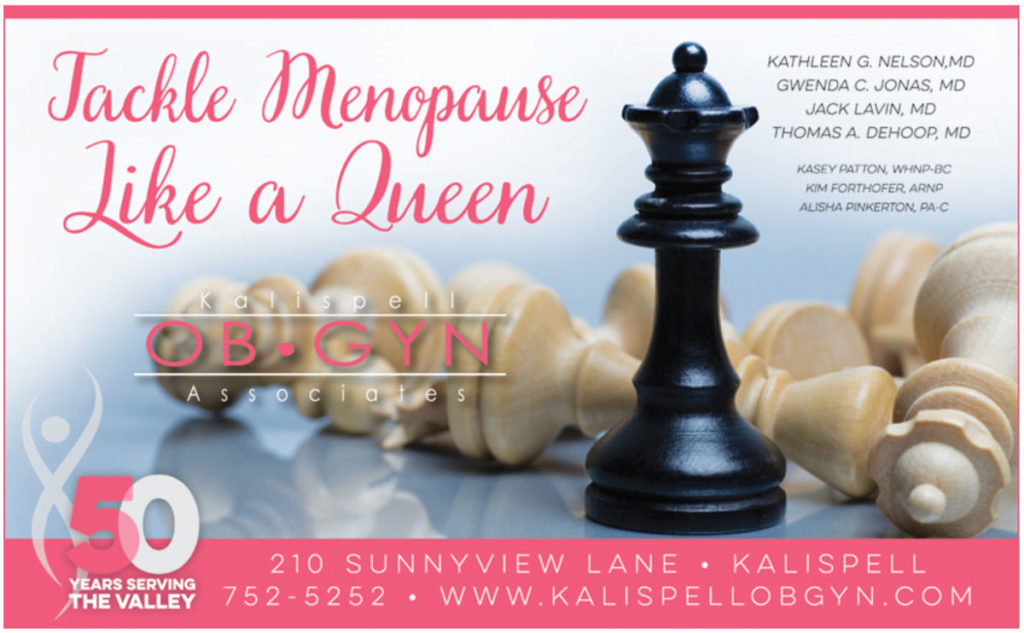Blog
Delivering Patient Care for a Lifetime
At Kalispell OB/GYN, we work hard every day to help promote and protectthehealth,safetyandqualityoflifeforallwomen. Allour providers are strong advocates for women’s health care. It is our mission to provide the best care for women in all stages of life through a professional and compassionate health model.
Read MoreFear Not Young Ladies! The In’s and Out’s of the First Gynecological Exam
The American College of Obstetricians and Gynecologists recommend a young woman’s first visit to the gynecologist sometime between the ages of 13 and 15 years, unless indicated sooner. This information may make any teenager reading this want to hide the magazine.
Read MoreFemale Athlete Triad
Athletics offer significant health benefits and contribute to improved physical fitness and overall wellbeing for women. For some, however, risk exists for the development of one or more of a triad of medical disorders that has been described in the literature as the FEMALE ATHLETE TRIAD.
Read MoreUnderstanding and Treating Infertility
Infertility is a problem that many couples struggle with each year. When dealing with infertility it is helpful to understand the basics of the menstrual cycle, available testing and treatment options.
Read MoreVolunteers provide women’s health services on isolated Pacific island
May 03, 2017 at 6:02 pm | By KATHERYN HOUGHTON Daily Inter Lake From a wing in one of two hospitals serving the Marshall Islands, Flathead Valley medical workers joined a team of doctors to treat a growing line of patients, many who had waited years to visit a women’s health clinic. In the pop-up…
Read MorePelvic Organ Prolapse
Pelvic organ prolapse is a medical condition that can have a profound impact on a patient’s lifestyle and body image. The good news is most of these conditions can be treated, so contact your gynecologist today!
Read MorePap Smear Guidelines
by Kassandra Patton, WHNP / Kalispell OB/GYN When you schedule your annual well-woman exam, you may be surprised to find that your visit does not always include a Pap smear. Current recommendations on this once yearly screening have changed much over the past 5 years. But first, let’s start with the basics: What Exactly is…
Read More150 Minutes For Your Health
Kimberley Forthofer, ARNP – Kalispell OB/GYN Obesity Rates Are Increasing According to the American College of Sports Medicine (ACSM) position statement and the 2008 Physical Activity Guidelines for Americans most healthy adults should engage in 150 minutes of moderate intensity exercise per week. Approximately 35% of the United States population is considered obese with nearly 70%…
Read MoreTackle Menopause Like A Queen
Menopause, with the deple on in estrogen, is defined as the absence of menstrual periods for 12 months. The average age of menopause is 51, though changes in hormones or perimeno- pausal changes can begin several years prior to menopause.
Read MoreInfertility
In order to fully understand infertility, it is important to understand the definition of infertility, when to be evaluated and what tests are available for you. Read our latest blog post at KalispellOBGYN.com
Read More


